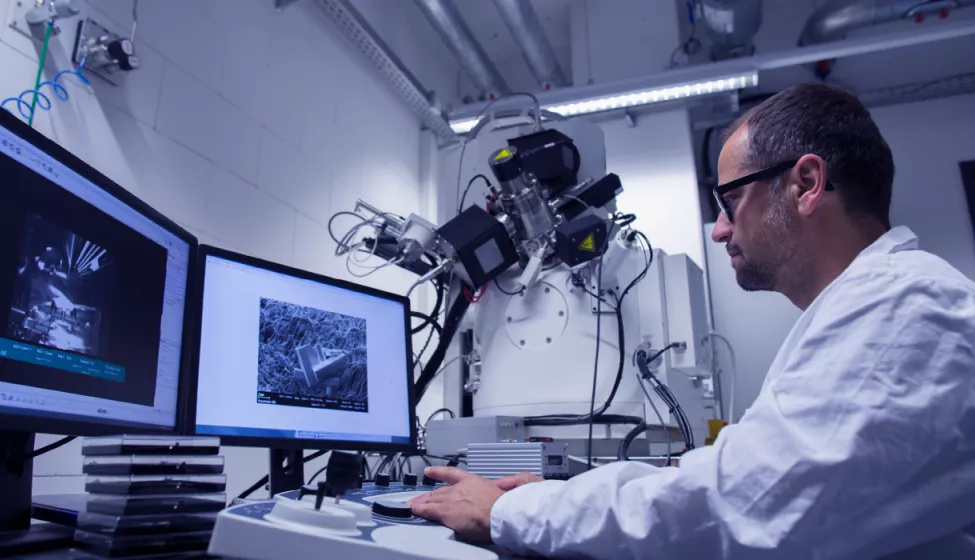July 29, 2022
REACH registrants may be required to update dossiers to remain compliant
On June 10, the European Commission published a recommendation to update the definition of a nanomaterial, with the new definition now applicable to existing guidance.
For REACH registrants, further analytical characterisation of nanomaterials and updates to REACH registrations may be required to avoid non-compliance.
Under this new definition, "nanomaterial" means a natural, incidental, or manufactured material consisting of solid particles present on their own or as constituent particles in aggregates or agglomerates and where 50% or more of these particles in the number-based size distribution fulfil at least one of the following conditions:
- One or more external dimensions of the particle are between 1 and 100 nm.
- The particle has an elongated shape where two external dimensions are smaller than 1 nm and the other dimension is larger than 100 nm.
- The particle has a plate-like shape where one external dimension is smaller than 1 nm and the other dimensions are larger than 100 nm.
Since January 2020, explicit legal requirements under REACH have applied for companies that manufacture or import nanoforms. These reporting obligations address specific information requirements outlined in revised annexes to the REACH regulation.
With this change to the legislation, more materials may now fit the definition of a nanomaterial. More data may also be needed as evidence that substances are not nanomaterials. This could mean further assessments are needed for characterisation.
A proposed REACH revision is expected by the end of 2022 with plans to include this new nanomaterial definition. Changes may therefore be needed to registration dossiers to include information on nanomaterials to meet compliance.
How Exponent Can Help
Exponent's team of analytical chemists and regulatory specialists can provide:
- Analytical services for characterisation of nanoparticles, including:
- Volume specific surface area analysis.
- Observation of agglomerates/aggregates morphology by scanning electron microscopy and elemental composition analysis by energy dispersive X-ray spectroscopy.
- Size distribution within agglomerates/aggregates by transmission electron microscopy.
- Other methods such as XRD upon request.
- Support in developing, establishing, and validating measurements and analyses for nanoform characterisation.
- Comprehensive updates of REACH registration dossiers to include data on nanomaterials.


